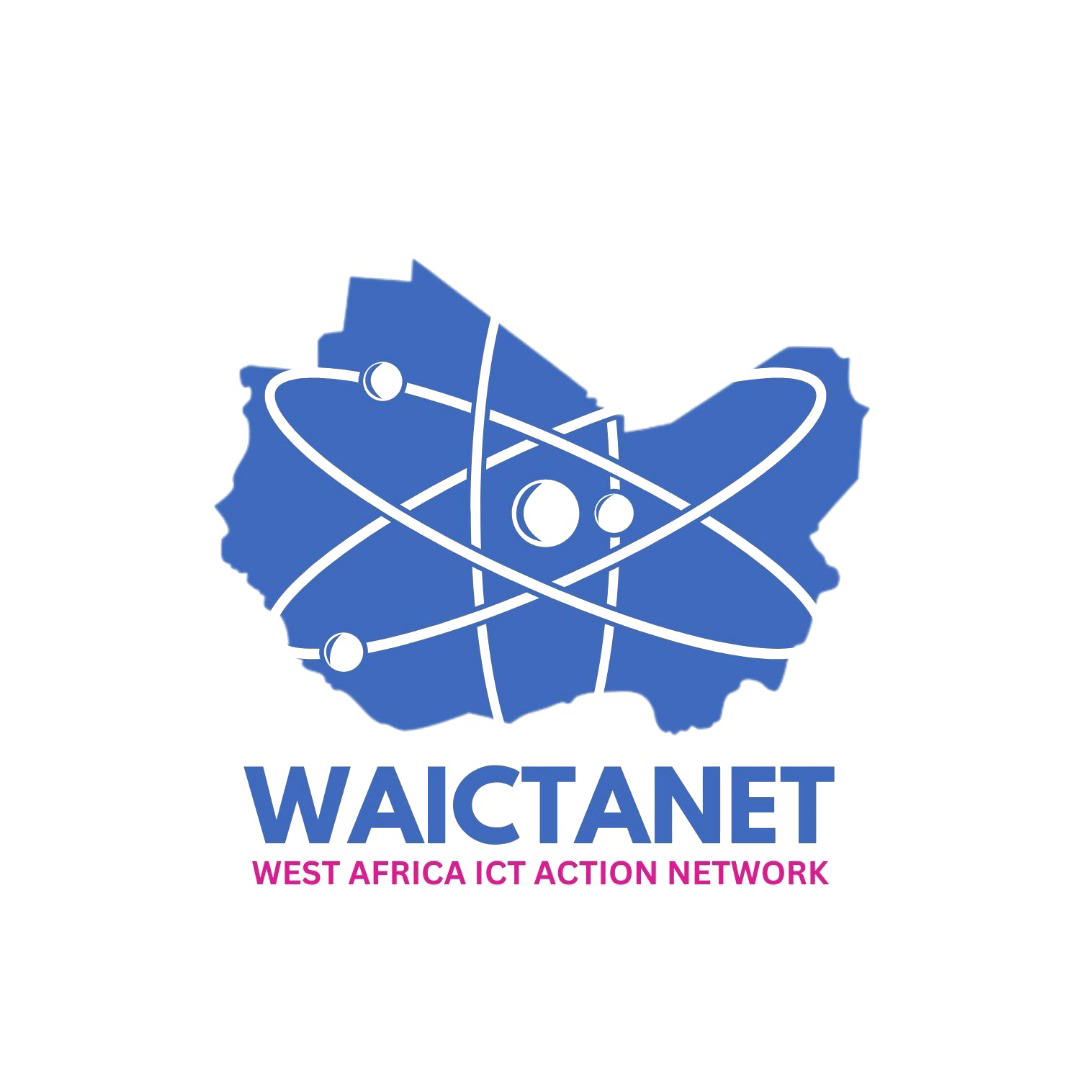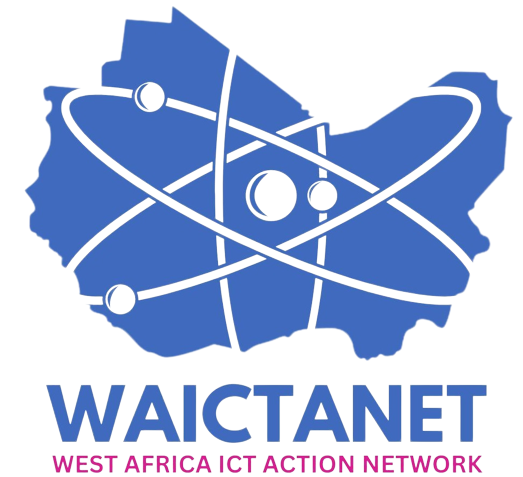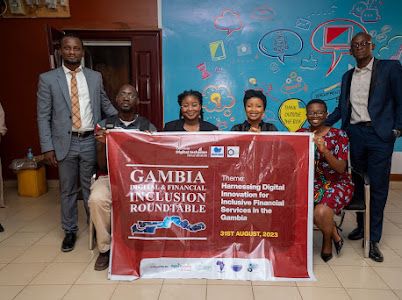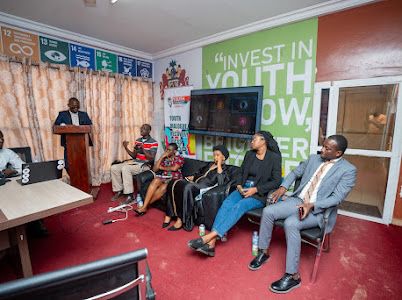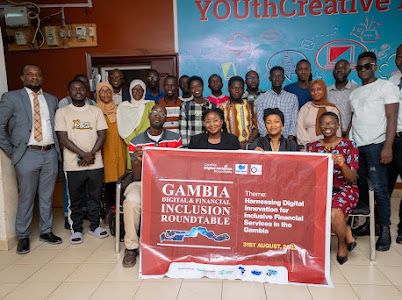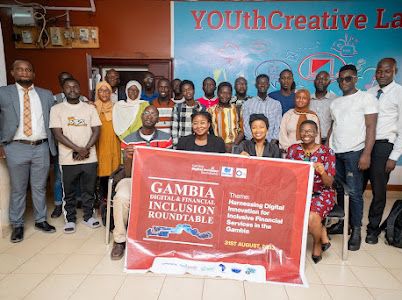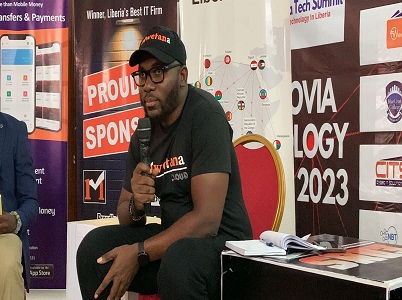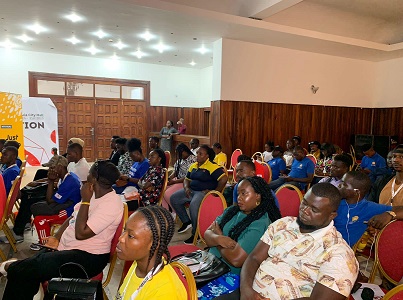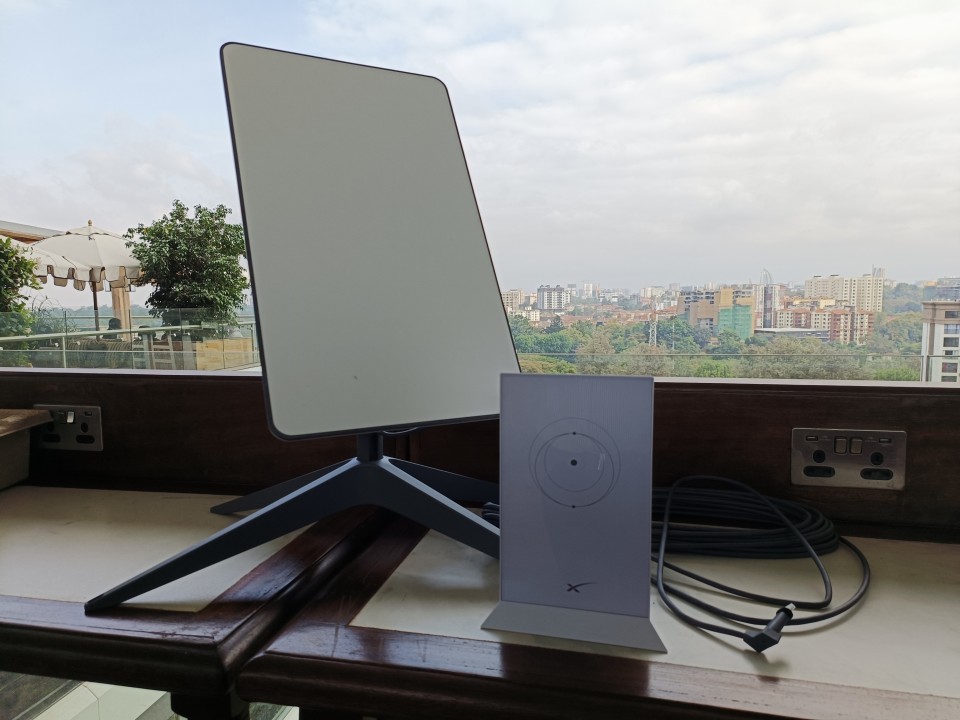West Africa ICT Action Network Commends Starlink’s Expanding Presence:Pioneering Affordable, High-Speed Internet Access for Africa’s Digital Transformation
Position Statement on Starlink’s Impact on Africa’s Internet Landscape
Issued by Peterking Quaye, Regional Executive Director of the West Africa ICT Action Network (WAICTANet)
As Africa moves toward an increasingly interconnected future, the arrival of Starlink is a game-changer for the continent’s digital infrastructure. West Africa ICT Action Network (WAICTANet) applauds the unprecedented strides made by Starlink in revolutionizing internet access and affordability across the region. With regulatory approvals and the deployment of high-speed satellite internet in multiple African nations, Starlink is setting a new benchmark for inclusive and reliable connectivity, bringing hope for significant economic and social progress.
The immense demand for Starlink services, evident in the immediate sell-out of terminals across African capitals, speaks to a continent eager to bridge its digital divide. From Nigeria’s bustling cities to Kenya’s innovation hubs, and now Liberia, where Starlink has been licensed to offer satellite internet services, Starlink is enhancing accessibility and affordability for millions, including remote and underserved communities. The move by the Liberia Telecommunications Authority (LTA) to secure a one-year agreement with Starlink highlights a critical step towards achieving universal internet coverage in Liberia, with transformative implications for healthcare, education, and government services.
As Executive Director, Peterking Quaye remarked, “Starlink’s entrance into the MRU region, particularly Liberia, represents a major leap towards closing connectivity gaps that have long hindered our communities. This partnership not only provides a resilient backup to Liberia’s ACE cable but also enables reliable, high-speed internet in areas that have traditionally been out of reach. For WAICTANet, this is an opportunity to support sustainable digital growth through community-driven ICT training and capacity building.”
Starlink’s affordability, especially through its newly introduced budget-friendly plans, is prompting local providers to innovate, a development we welcome as it encourages competitive pricing models across the sector. We urge Starlink to collaborate closely with local Internet Service Providers (ISPs) to ensure economic benefits are shared locally, fostering job creation and technological growth in the ICT sector.
At WAICTANet, we envision a future where high-speed internet is not a luxury but a public utility that every African can access. The expansion of Starlink’s services aligns with our commitment to championing accessible, resilient, and inclusive digital infrastructure. We are optimistic that this partnership will serve as a catalyst for inclusive economic opportunities across the MRU region, benefiting countless institutions, businesses, and individuals.
As we continue to advocate for a digitally inclusive Africa, WAICTANet remains committed to monitoring Starlink’s progress alongside government bodies and civil society, ensuring that the technological and economic benefits reach every corner of our region. Together, we are building a foundation for an empowered, interconnected future. As Starlink’s satellite internet service rapidly gains popularity across Africa, its entry signals both significant opportunities and complex challenges for the
region’s digital landscape. While WAICTANet welcomes this milestone in connectivity expansion, we also recognize that achieving a balanced, impactful integration of Starlink into African telecommunications requires critical assessment of its economic, regulatory, and infrastructural implications.
- Transformative Potential and Digital Inclusion
The undeniable demand for Starlink, seen in the sellouts in major urban areas and the rapid deployment in remote regions, reflects a major step forward in providing affordable, high-speed internet to African consumers, especially those previously marginalized by limited infrastructure. The provisional licensing agreement in Liberia, for instance, paves the way for bringing high-speed internet to remote and underserved areas, directly supporting Liberia’s ambition for universal internet access. This aligns well with WAICTANet’s goal to foster inclusive digital growth, bringing education, healthcare, and government services into closer reach for millions. - Competitive Pressures on Local ISPs
However, Starlink’s arrival has stirred intense competition, pushing traditional ISPs to reevaluate pricing and service quality. In Kenya, Safaricom’s adjustment of internet packages to match Starlink’s budget-friendly offerings exemplifies the disruptive impact of satellite providers. While this can benefit consumers in the short term, there are longer-term implications to consider. The sustainability of local ISPs is critical; they are integral to the digital economy and employ substantial local workforces. If Starlink’s competitive edge weakens these companies’ foothold, it could lead to job losses and reduced investments in locally driven internet solutions. We recommend strategic partnerships and co-service agreements that allow Starlink to work alongside local ISPs, rather than displace them, creating a collaborative model that benefits the entire sector. - Realistic Challenges in Revenue Sharing and Local Economic Impact
Although Starlink’s services bring high demand, a key question remains: How much revenue is staying within the host countries? Revenue sharing with local authorities and investments in local economies are essential for sustainable growth. Starlink, as a global service provider, should establish revenue-sharing frameworks and infrastructure investment commitments that contribute directly to the national digital economy. This could involve allocating a percentage of revenue toward national digital infrastructure projects, ensuring long-term support for Africa’s tech and internet ecosystem.
In Liberia, for instance, WAICTANet advocates for Starlink to channel part of its revenue back into critical projects such as expanding public internet access points, subsidizing digital literacy initiatives, and upgrading connectivity infrastructure in public institutions, particularly schools, clinics, and government offices. Doing so would support economic resilience while fostering more inclusive access to digital resources.
- Infrastructure Compatibility and Service Challenges
Integrating Starlink into Africa’s existing digital infrastructure also brings operational challenges, particularly compatibility with current fiber-optic networks like Liberia’s ACE cable. While Starlink offers a viable backup solution during outages, relying heavily on satellite technology without developing local infrastructure could limit long-term sustainability. A resilient digital ecosystem requires a balance of satellite, fiber-optic, and mobile networks. It’s vital that governments encourage Starlink to work with local stakeholders in building hybrid infrastructure models, thus enhancing service stability and mitigating risks tied to satellite-dependency, such as adverse weather conditions or latency issues that may affect real-time applications like telemedicine and online education. - Regulatory Oversight and Consumer Protection
Starlink’s rapid entry into African markets has not come without regulatory concerns. The appeal to African governments and citizens is clear, yet governments must establish clear frameworks to protect local industries and ensure compliance with national consumer protection standards. The Liberia Telecommunications Authority’s decision to grant a provisional license for a year is a step in the right direction, enabling evaluation of Starlink’s service quality and impact on consumers. WAICTANet encourages African governments to adopt similar approaches and implement measures to ensure Starlink and other international providers adhere to data protection laws, transparent billing practices, and reliable service commitments. - Enhancing Digital Skills and Economic Opportunities
The widespread availability of affordable high-speed internet opens new economic avenues, from online work opportunities to e-commerce expansion. However, without concurrent investments in digital skills training, the region risks missing the full potential of this connectivity. We encourage Starlink and other tech entities operating in Africa to invest in capacity-building initiatives that empower local communities to thrive in a digital economy. For instance, Starlink could collaborate with NGOs, including WAICTANet, to establish digital literacy programs that equip youth and underserved populations with essential online skills, fostering an inclusive digital workforce.
To conclude Starlink’s expansion in Africa represents a new chapter in the continent’s digital journey, offering opportunities for unprecedented connectivity. But to ensure a balanced and sustainable digital future, collaboration and commitment from all stakeholders—governments, local ISPs, Starlink, and civil society—are essential. WAICTANet believes that with a shared approach, this transformation can lead to greater digital inclusion, economic growth, and resilience across Africa.
As WAICTANet continues to advocate for equitable digital access, we call upon Starlink to consider these critical issues and join hands in creating a robust, collaborative framework that propels Africa’s digital aspirations forward. Together, we can lay the groundwork for a digitally inclusive and economically
empowered future for all Africans.
